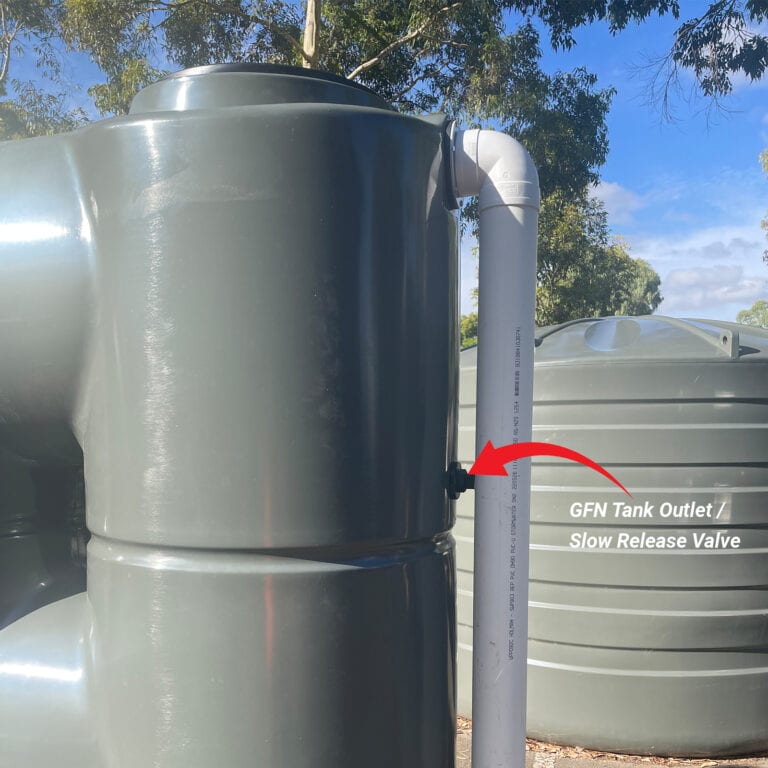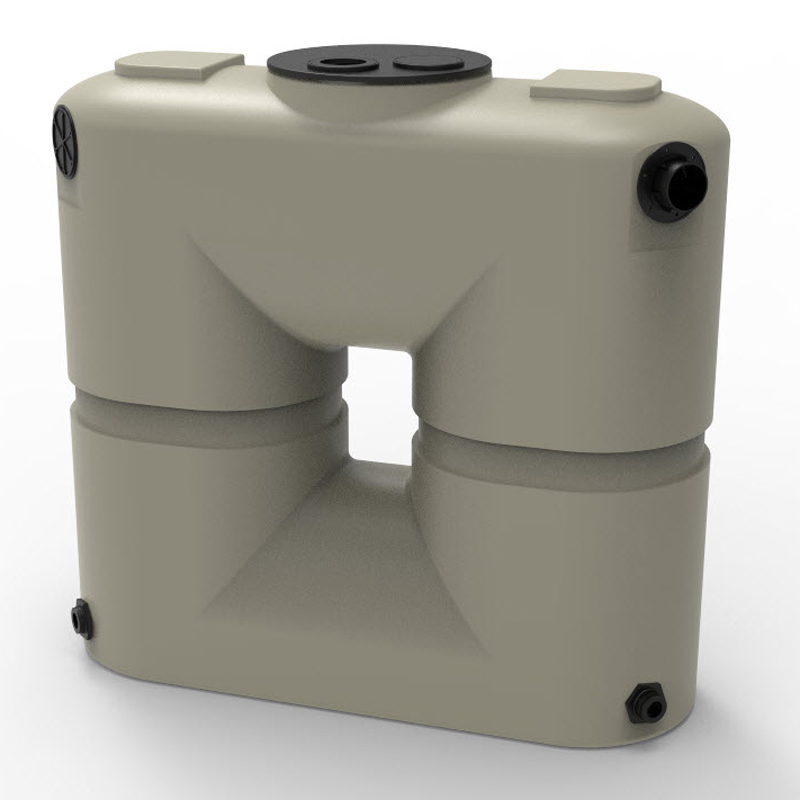Slimline Water Tanks: The Perfect Option for Urban Water Storage
Wiki Article
Exploring the Various Uses Rain Storage Tanks for Residential and Commercial Characteristics
As the worldwide focus on sustainable living methods continues to heighten, the usage of rainwater storage tanks in both residential and commercial setups has arised as a significant remedy. The multifaceted uses of rain tanks present an engaging situation for their adoption, not only as a useful water-saving measure yet likewise as a testimony to liable source management.Advantages of Using Rainwater Containers
Using rain tanks provides various advantages for both families and neighborhoods in terms of water conservation and sustainability. Among the crucial advantages of making use of rainwater containers is the considerable reduction in reliance on mains water system - Slimline water tanks. By recording and saving rainwater for later usage, individuals and areas can lower their need for cured water, eventually alleviating the worry on water treatment facilities and decreasing power intake linked with water transportation and treatment
In addition, rain gathering with storage tanks offers a reliable alternate water source during times of water constraints or shortages. This saved rainwater can be made use of for numerous non-potable functions such as watering, flushing commodes, and washing garments, minimizing the pressure on standard water sources. Additionally, making use of rain tanks can lead to set you back financial savings for both families and communities by decreasing water bills and reducing the requirement for expensive facilities expansions to satisfy expanding water demands.
In essence, the utilization of rain tanks supplies a sustainable and environmentally pleasant approach to water administration, profiting both private users and the more comprehensive neighborhood in terms of water preservation, cost-efficiency, and durability.
Rainwater Tank Usage in Irrigation
Offered the advantages of rainwater storage tanks in preserving water resources and decreasing dependence on keys water, a significant application hinges on using saved rain for watering functions - Slimline water tanks. Rain collecting systems can effectively gather and keep rain, offering a lasting water resource for sprinkling gardens, yards, and agricultural fields. By making use of rainwater for irrigation, homeowner can decrease their reliance on treated water resources, causing cost financial savings and environmental advantages
Among the primary advantages of utilizing rainwater for irrigation is its pureness. Rain is naturally soft and devoid of the chemicals and ingredients typically located in mains water, making it ideal for nourishing plants without the risk of unsafe impacts. Furthermore, rain is at ambient temperature level, which can profit plant development by staying clear of temperature shocks that can accompany chilly mains water.
Rainwater Containers for Toilet Flushing

Applying rain tanks for toilet flushing is an economical and eco-friendly practice that can be quickly incorporated right into both residential and commercial homes. The stored rainwater can be made use of to purge commodes by attaching the container to the existing plumbing system. This easy yet efficient service can substantially lower water usage in a building, especially in locations where water scarcity is an issue.

Including Rainwater Storage Tanks in Landscaping
An effective method for improving sustainability in landscaping includes integrating rainwater tanks to enhance water use and advertise environmentally friendly practices - Slimline water tanks. Integrating rain storage tanks in landscape design uses various benefits for both residential and commercial residential or commercial properties. These tanks can record and keep rainwater overflow from roof coverings, which can after that be used for watering gardens, yards, and plants. By using rainwater click for watering functions, homeowner can lower their dependence on local water resources, resulting in cost financial savings and preservation of priceless water sources.Along with giving a sustainable water resource for landscaping requirements, rain tanks can also help in managing stormwater overflow. By catching rain that would certainly or else stream into tornado drains, these storage tanks can minimize disintegration, decrease flooding risks, and prevent contamination of all-natural water bodies. Integrating rainwater containers in landscape design can add to the total visual charm of the building, showcasing a dedication to ecological stewardship.
Industrial Applications of Rainwater Storage Tanks
Utilizing rain containers in industrial settings supplies a sustainable option for water monitoring and preservation, profiting businesses and the setting alike. Industrial applications of rainwater storage tanks are diverse and significantly preferred due to the price financial savings and ecological benefits they supply. One vital industrial use is for watering functions, where harvested rain can be used to water landscape design, gardens, and agricultural fields surrounding business residential or commercial properties. This can cause considerable reductions in this water bills and dependence on metropolitan water resources.In addition, rain collected in storage tanks can be dealt with and used for non-potable functions within business homes, such as flushing commodes, cleansing, and cooling down systems. In general, the consolidation of rainwater tanks in commercial settings offers a useful and eco liable method to water monitoring.
Conclusion
From irrigation to commode flushing and landscape design, the usage of rain containers can help preserve water sources and reduce water bills. Generally, the versatility and sustainability of rain containers make them a beneficial investment for any type of building owner looking to boost water efficiency.Report this wiki page